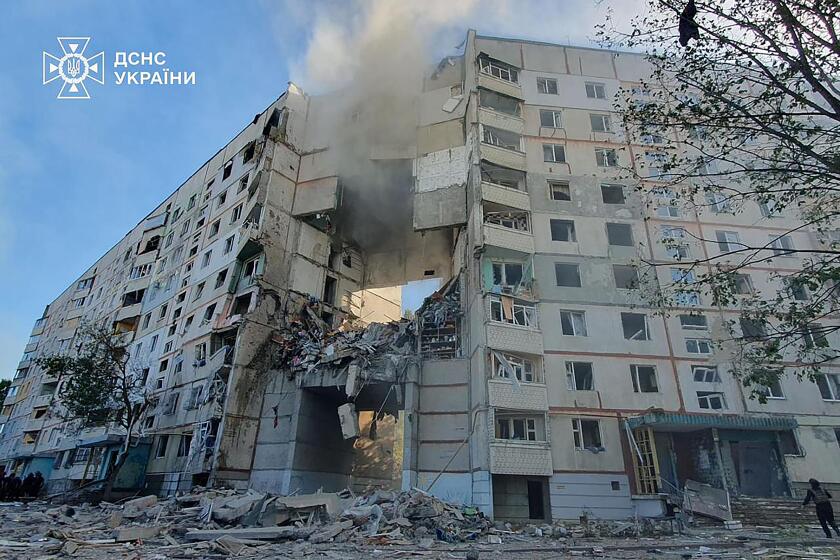Pentagon Criticizes Ruling Halting Troops’ Anthrax Shots
Senior Pentagon officials on Tuesday heatedly defended the military’s practice of requiring troops to get anthrax vaccinations, and said a federal judge who ordered a stop to the shots was wrong to accuse the military of treating soldiers like “guinea pigs.”
Air Force Gen. Richard B. Myers, chairman of the Joint Chiefs of Staff, insisted that the inoculations were necessary “to protect our troops.” He told reporters at the Pentagon that he disagreed with the ruling issued Monday by U.S. District Judge Emmet G. Sullivan that the Pentagon could not require the vaccination of military personnel.
Although a spokesman for the Department of Justice, which represents the Pentagon in the civil suit, said Monday that the military would have to at least temporarily comply with the order, defense officials would say Tuesday only that they were reviewing what to do next.
“This ruling is not supported by medical science or by medical facts,” said Dr. William Winkenwerder, assistant secretary of defense for health affairs. Winkenwerder said the vaccine is safe and is not experimental.
Asked repeatedly if the Pentagon would defy the federal court order, Winkenwerder said, “we’re looking at the options that are available to us given the judge’s ruling.”
Late Tuesday evening, the Defense Department issued a statement that it “will stop giving anthrax vaccinations until the legal situation is clarified.”
More than 900,000 servicemen and women have received the anthrax shots, one of many vaccines administered to protect troops against disease and bioterrorism threats. Hundreds of service members have been punished or discharged for refusing the anthrax vaccinations, according to the Pentagon.
In an injunction, Sullivan said plaintiffs in the civil suit had convinced him that the vaccine is being “used for an unapproved purpose” -- that is, for exposure to airborne anthrax as well as exposure through the skin.
Asked by reporters if the Pentagon would reconsider the punishments -- including courts-martial, discharges and substantial fines -- meted out to troops for refusing the shots, Defense Secretary Donald H. Rumsfeld said he was awaiting a recommendation from lawyers.
“The lawyers are examining it [the ruling], and at the appropriate time they will be making a recommendation as to the way forward,” Rumsfeld said.
At issue in the suit is whether the anthrax vaccine could be considered experimental. The federal government approved the vaccine in the 1970s. But in his 33-page opinion, Sullivan agreed with the plaintiffs’ argument that the vaccine was licensed only for use as protection against cutaneous anthrax, an easily treatable skin infection that occurs when anthrax spores enter a cut or sore.
Sullivan ruled that since the Food and Drug Administration still classifies the vaccine as experimental for use against inhalational anthrax, the military vaccinations violate a 1998 law passed by Congress in the wake of concern that inoculations may have led to unexplained illnesses among veterans of the Persian Gulf Warcollectively known as Gulf War syndrome.
Federal law prohibits the administration of new drugs or those unapproved for their intended use to service members without their informed consent. The consent requirement may be waived only by the president.
“Absent an informed consent or presidential waiver,” Sullivan wrote, “the United States cannot demand that members of the armed forces also serve as guinea pigs for experimental drugs.”
Winkenwerder said Sullivan was factually wrong when he wrote that the vaccine was still an “investigational” drug. He insisted that the vaccine was already licensed for use against the inhaled form of anthrax. But Winkenwerder said given the judge’s ruling, the Pentagon would need “clarification” from the FDA that the vaccine is indeed effective against the inhaled form of anthrax.
More to Read
Sign up for Essential California
The most important California stories and recommendations in your inbox every morning.
You may occasionally receive promotional content from the Los Angeles Times.










